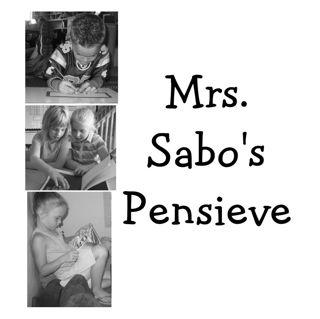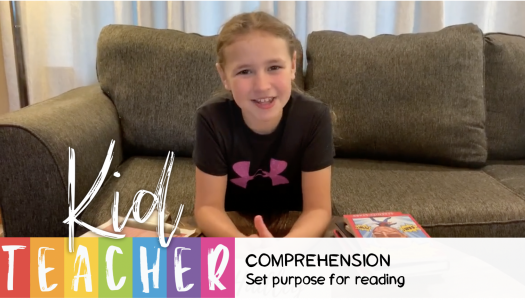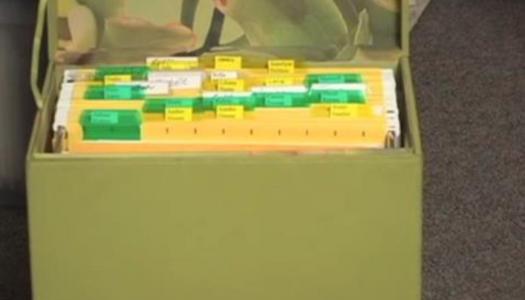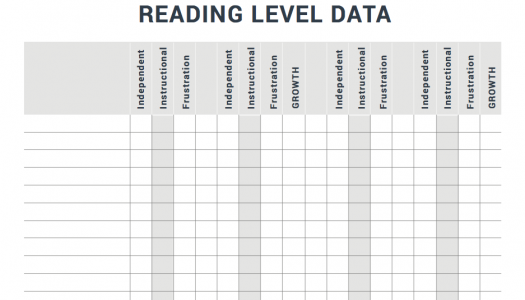Conferring Notebook Follow Through
Join Our Community
Access this resource now. Get up to three resources every month for free.
Choose from thousands of articles, lessons, guides, videos, and printables.

Teachers who are new to conferring often worry about being able to follow through all year long. The concern reminds us a bit of losing weight. As odd as it sounds, losing the weight is easy, keeping it off, not so much. Getting a system figured out that is simple and organized is part of the conferring battle, yet the follow through can be a different story. We keep three things in mind that help us stick with conferring and taking notes all year long.
1) Keeping anecdotal records is part of a belief system. We believe that keeping a conferring notebook is more than just recording what we observe children doing. The pensieve is a place to capture our thoughts about next steps with children as well as keeping us on track regarding who to meet with so none of our students slip through the cracks. Recording the strengths and goals of each individual student is a way to keep us alert so our time is used wisely and efficiently.
2) Because we aren't the sole keeper of what is learned, students become partners in their learning. Students are brought into the loop after teaching and assessment takes place. Because goals are clearly defined, shared and agreed upon often, all mystery is eliminated, students buy into and take responsibility for their own achievement. This is why you will often hear us ask students, "Tell us about yourself as a reader." Or "What goal and strategy are you working on?" "What do you think you will work on next?" "Here's how I want to help you today to reach your goal of _____".
3) Keep it simple-nothing elaborate. Many times we only write down a few important words that will spark our thinking for the next time. This is one reason why we came up with a protocol for writing notes, to give us permission to keep it simple. We find it more meaningful and productive to take a few notes on lots of students rather than to take long notes on one or two.






